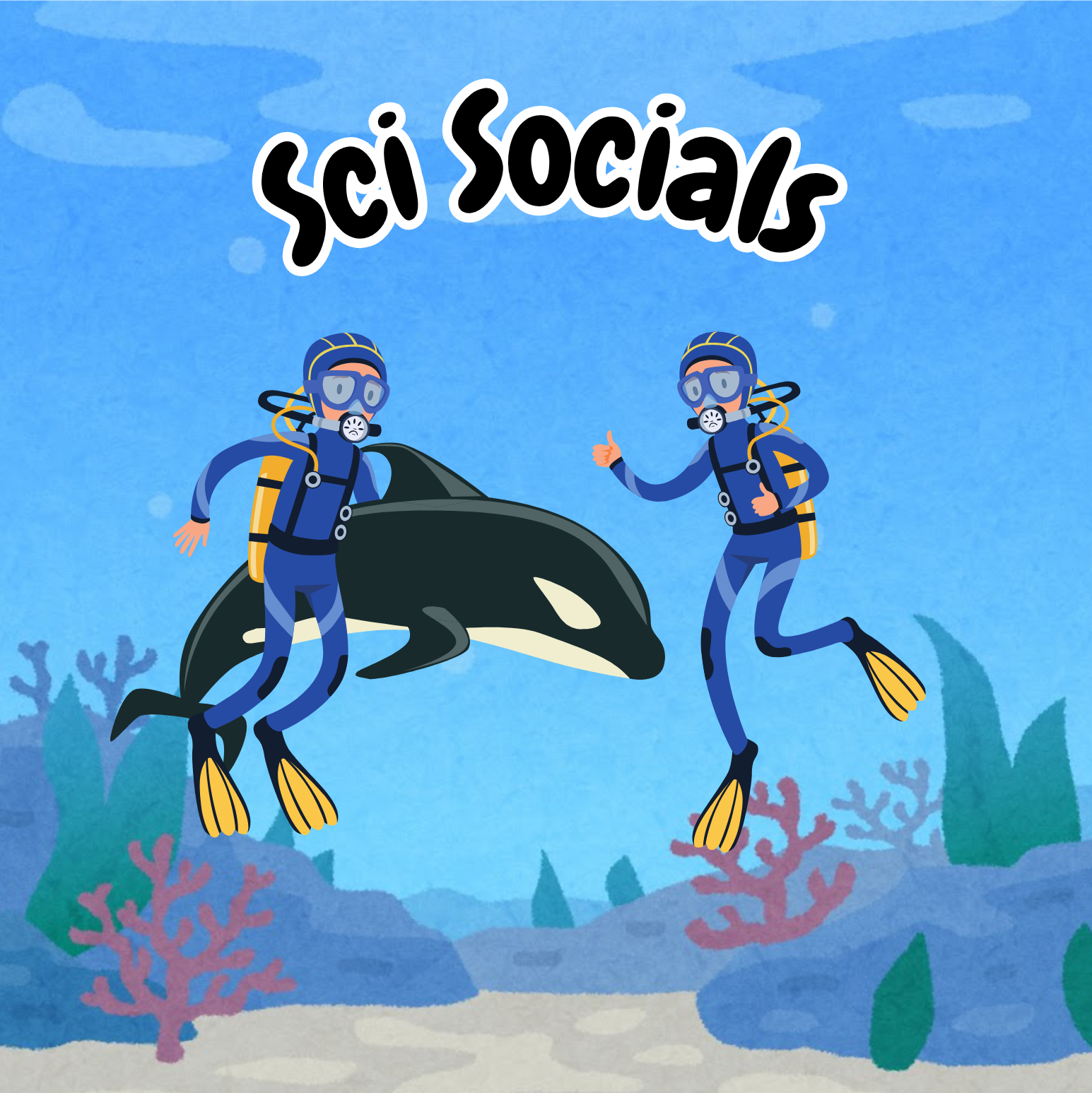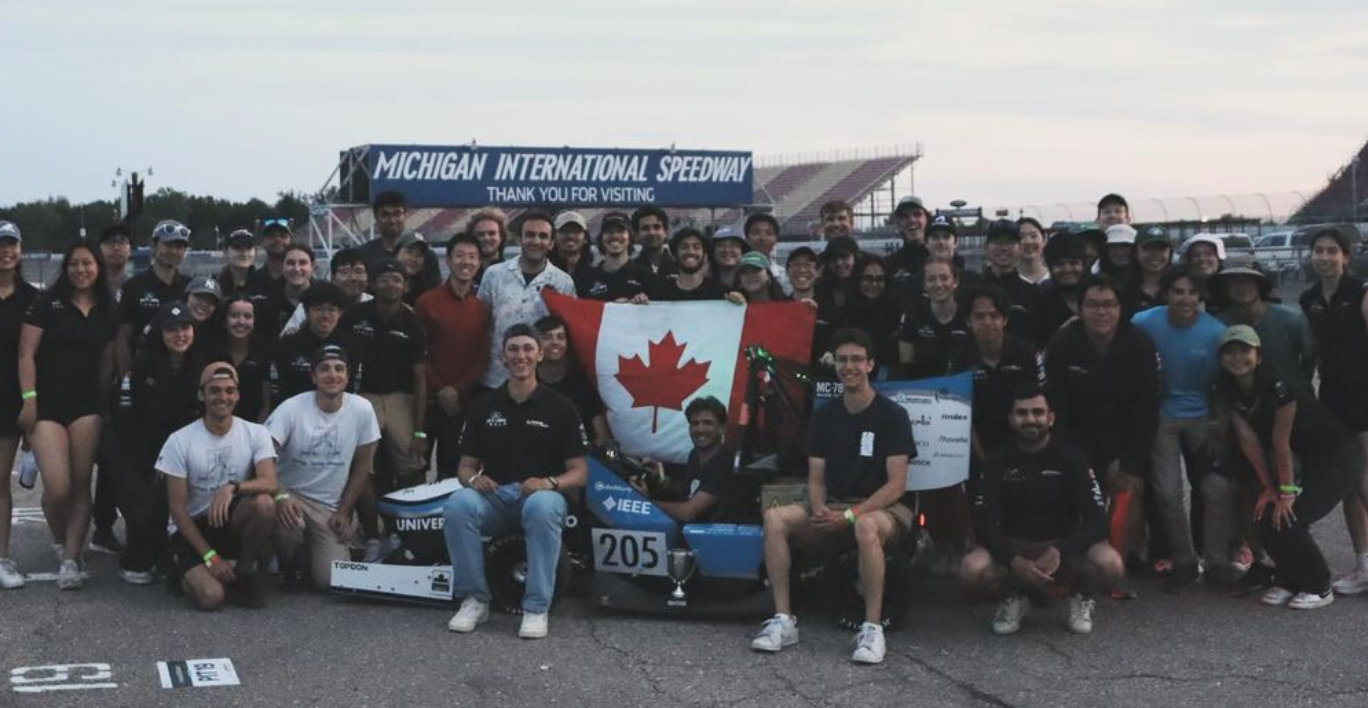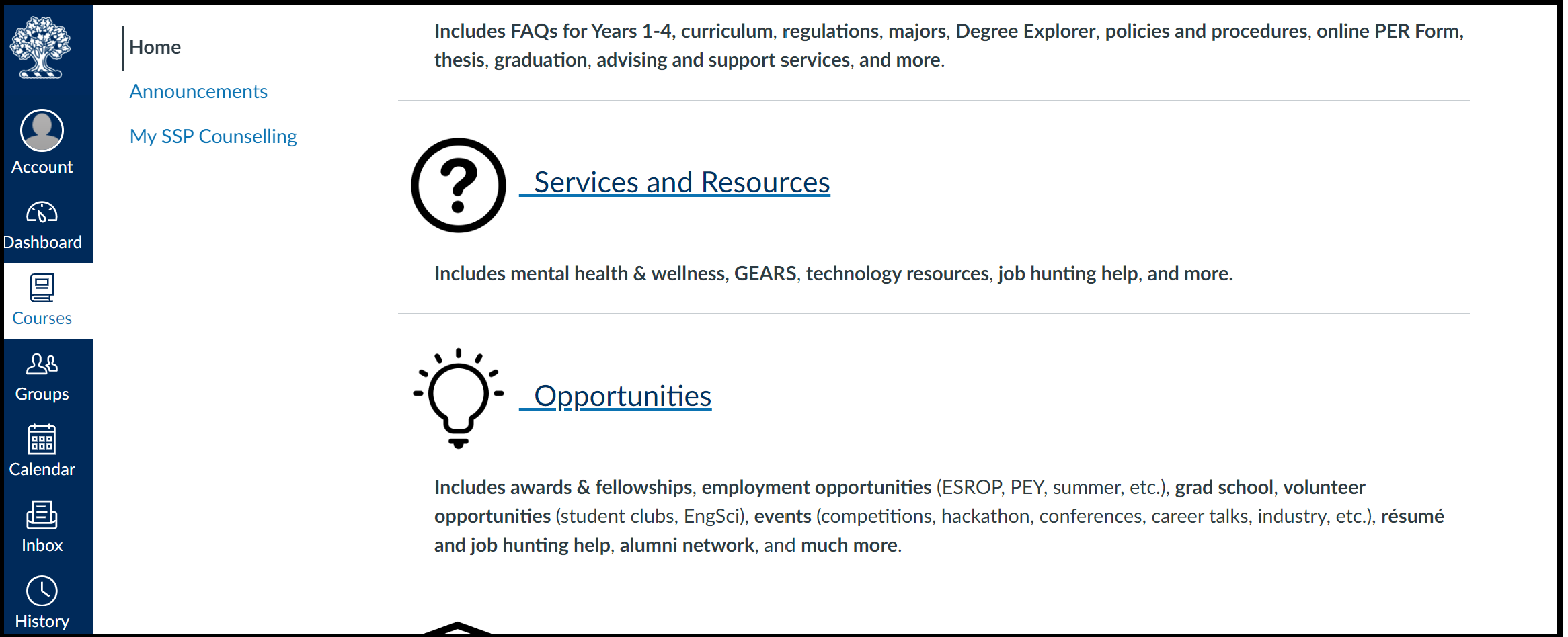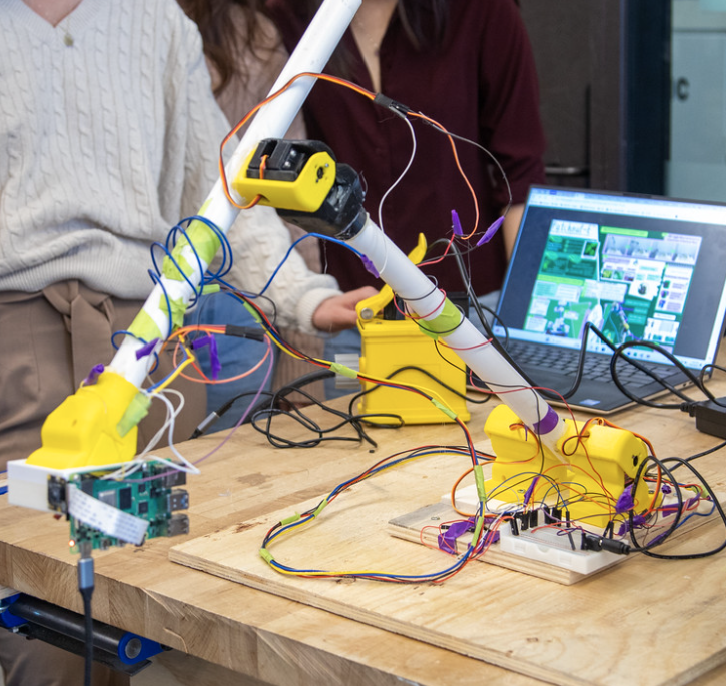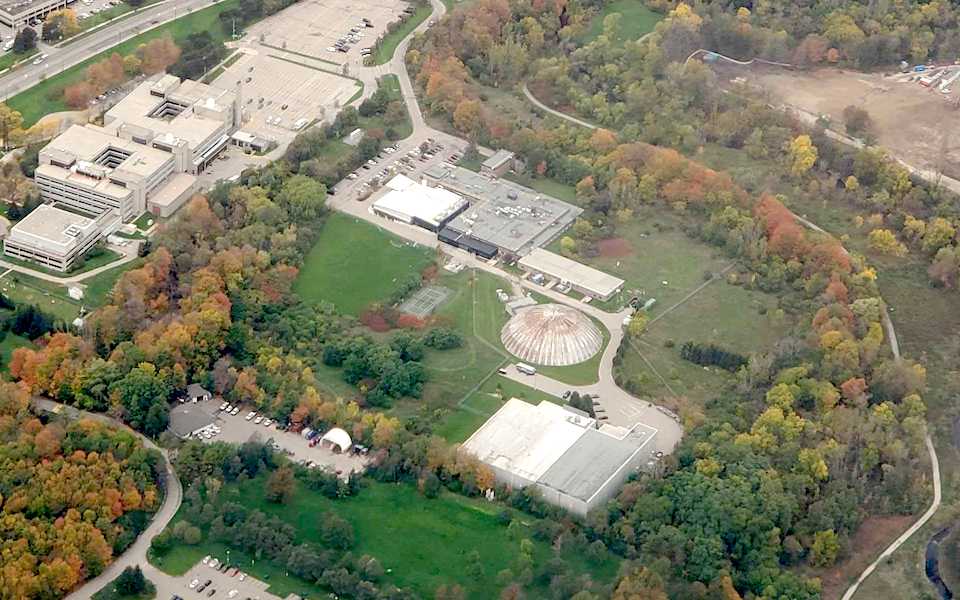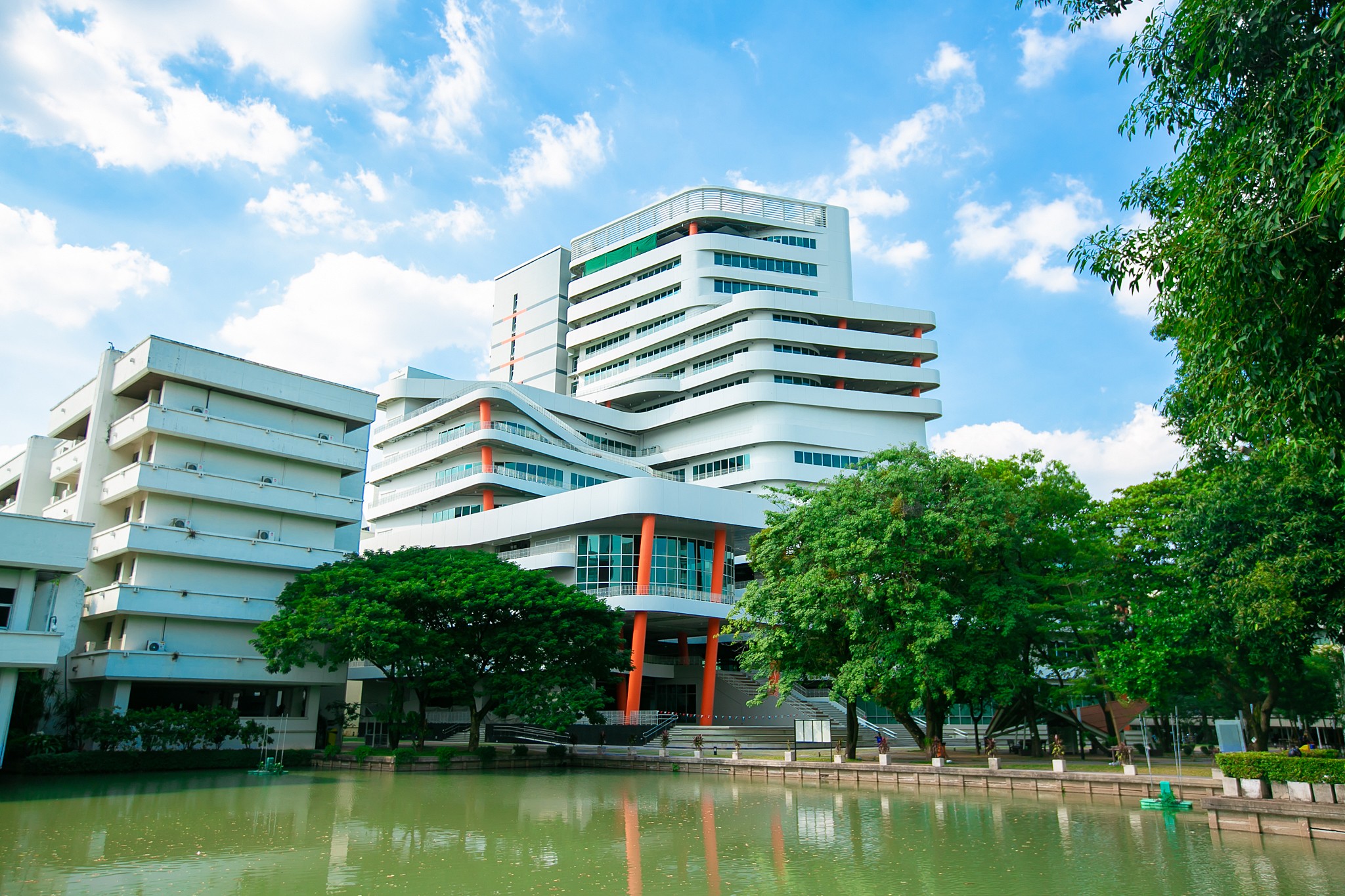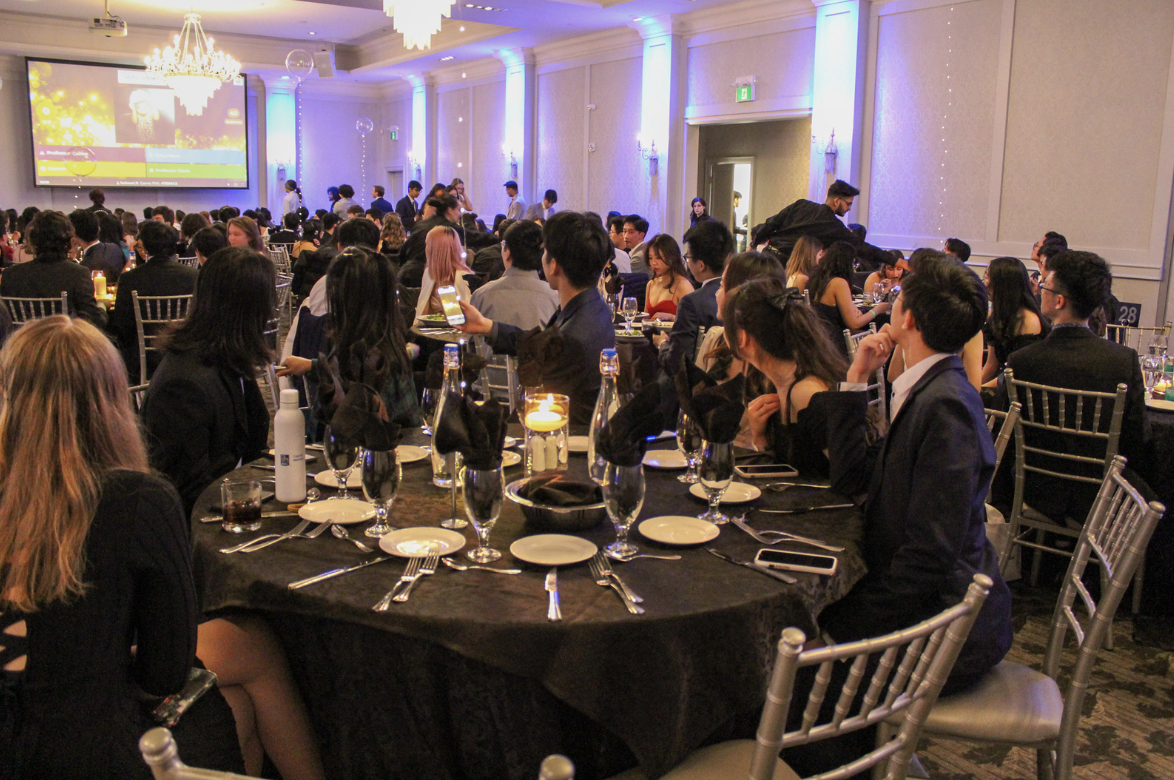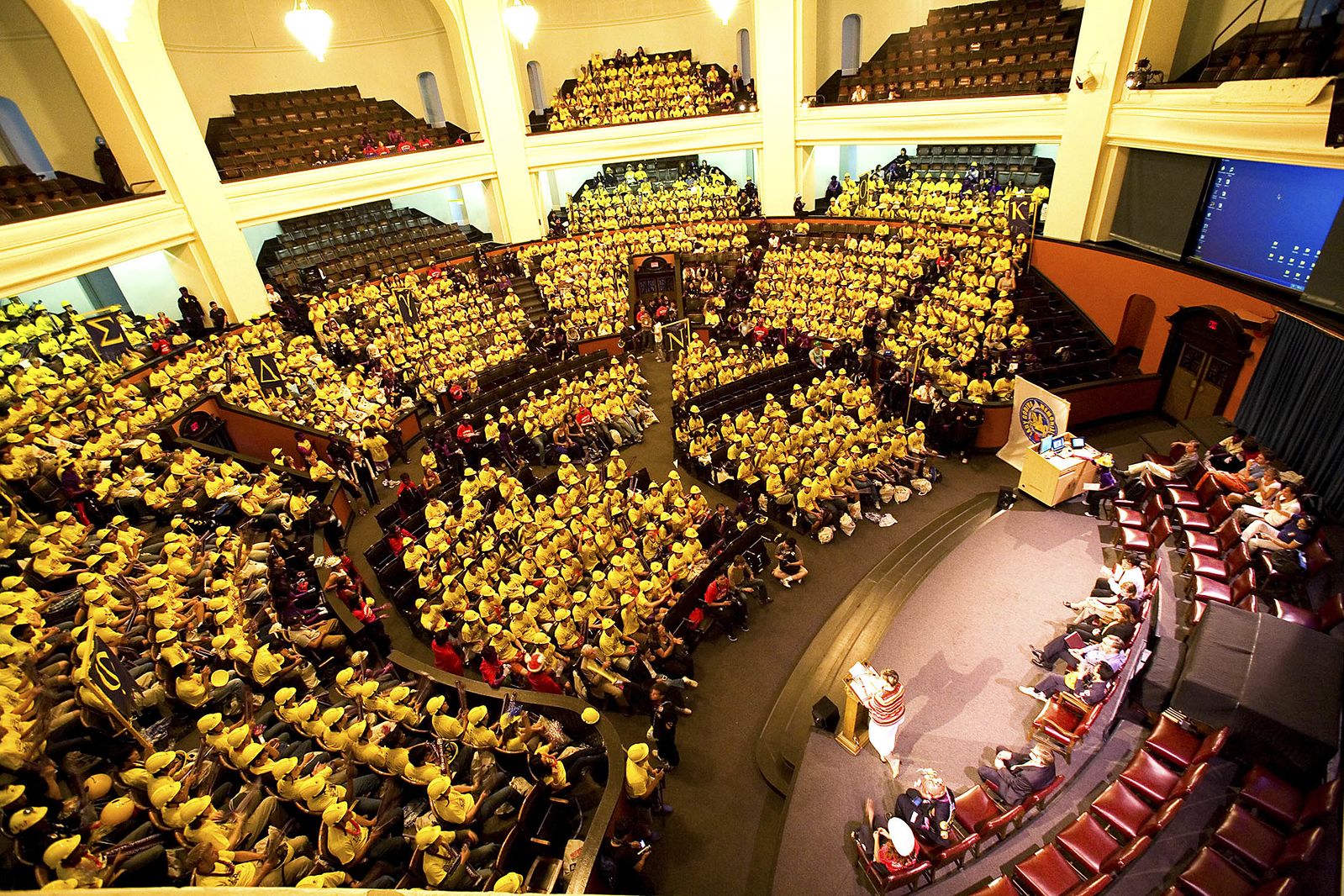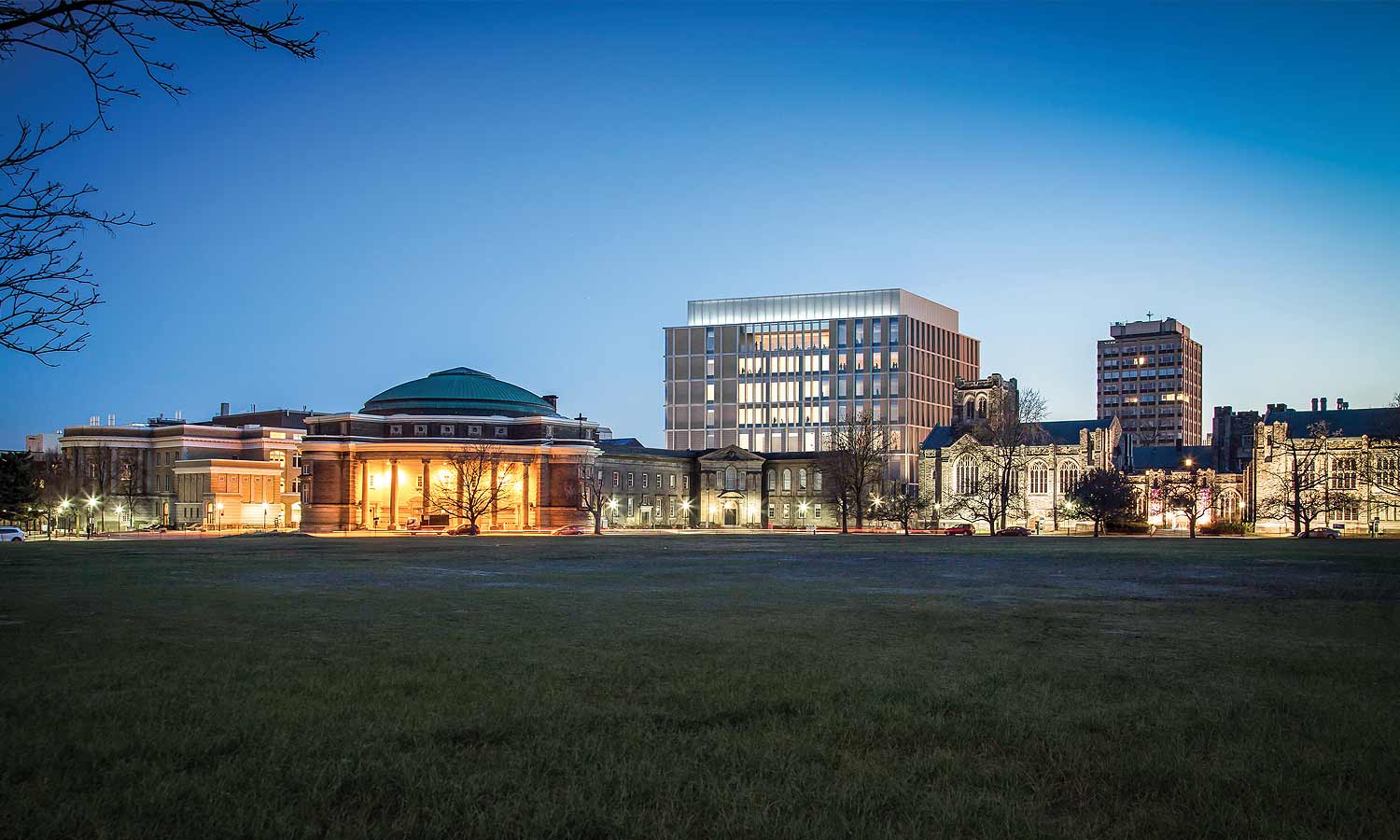Get Ready to Submerge, Class of 2T9!
We are so excited to have you join us on the EngSci journey. It all starts here, with our Summer Orientation Program. Buckle up as we venture through meetups, the EngSci blog, weekly newsletters, Sci Socials, and more. This is the very beginning of the program and by the end of the summer, we hope that you have a better idea of what EngSci is all about and are better prepared for your transition to university. So join us onboard the USS 2T9 as we explore the seas of curiosity and map the uncharted trenches of the EngSci Orientation! Into the abyss!!
Below, you’ll find descriptions of each part of orientation to help you find everything you’re interested in reading about!
Navigating the Blog
The EngSci blog is your one-stop-shop for all things related to summer orientation and first-year EngSci! New posts will be uploaded every week.
About
The About section sets the scene for the summer orientation program. It contains descriptions of different initiatives, meetup times, and quick intros of us, the blog authors.
EngSci Experience
Want to know what it’s like to be in EngSci? Want to learn more about all the cool things you can achieve in this program? What about the EngSci culture?
The EngSci Experience section provides an overview of what you can expect in EngSci and some unique opportunities for you to look forward to, including exclusive EngSci interviews with current students and alumni and awesome EngSci-specific resources.
Academics
Learn about all the courses you will take from those who’ve taken them before you!
The Academics section gives you tips for how to prepare for your first year, read about course descriptions and what a typical week looks like in that course, and gain insights into the major options you can pick after second year. Curious about who your professors might be? This section also features professor interviews, so you can get to know them before you start.
Research and Careers
The Research and Careers section covers all things related to networking, research, or work experiences that you can get involved in. Learn all about our Engineering Science Education Conference (ESEC), EngSci’s highly anticipated annual conference just for EngSci student, or ways to get involved in research or how to land your dream job. Also learn about professionalism and etiquette when emailing professors or working on group projects.
Extracurriculars
The Extracurriculars section gives you a peek into what it’s like to be in U of T Engineering and the many ways you can get involved. Check this section out to learn more about all the fantastic student clubs and design teams you can join as a U of T Engineering student, as well as the rich history of Skule™ and its traditions.
Student Life
Got questions about what it’s like to live in residence or commute? Want to know more about where your classes will take place or where to eat on campus?
The Student Life section has all things related to U of T’s St. George Campus. You’ll find descriptions of buildings you’ll use for classes, athletic centres and facilities, labs, study spaces, and more. You’ll discover fun things to do in Toronto and read about U of T’s famous food trucks. This section also provides insight to navigate residence life and commuting tips to help you get the best experience possible!
Important Resources
The Important Resources section highlights a wide variety of supports and resources available to you at U of T. It covers everything from accessibility resources to mental health and wellness supports to online learning platforms. These (along with a healthy amount of your favourite educational YouTube channels) will help guide you through university.
Learn More
The Learn More section includes a glossary that explains common abbreviations and vocabulary used by U of T Engineering students and frequently asked questions (FAQs) commonly asked by previous first-year students. Finally, resources to learn more about U of T Engineering, Engineering Science, and all things Engineering are linked in the Further Help page.
Newsletter
Sign up for our weekly EngSci Orientation Newsletter below to stay up to date with new blog posts, meetups, and other orientation initiatives. Please use your name as it appears on official U of T communications for verification purposes.
Note: If you have already filled out the form on the Home page, you do not need to sign up again.
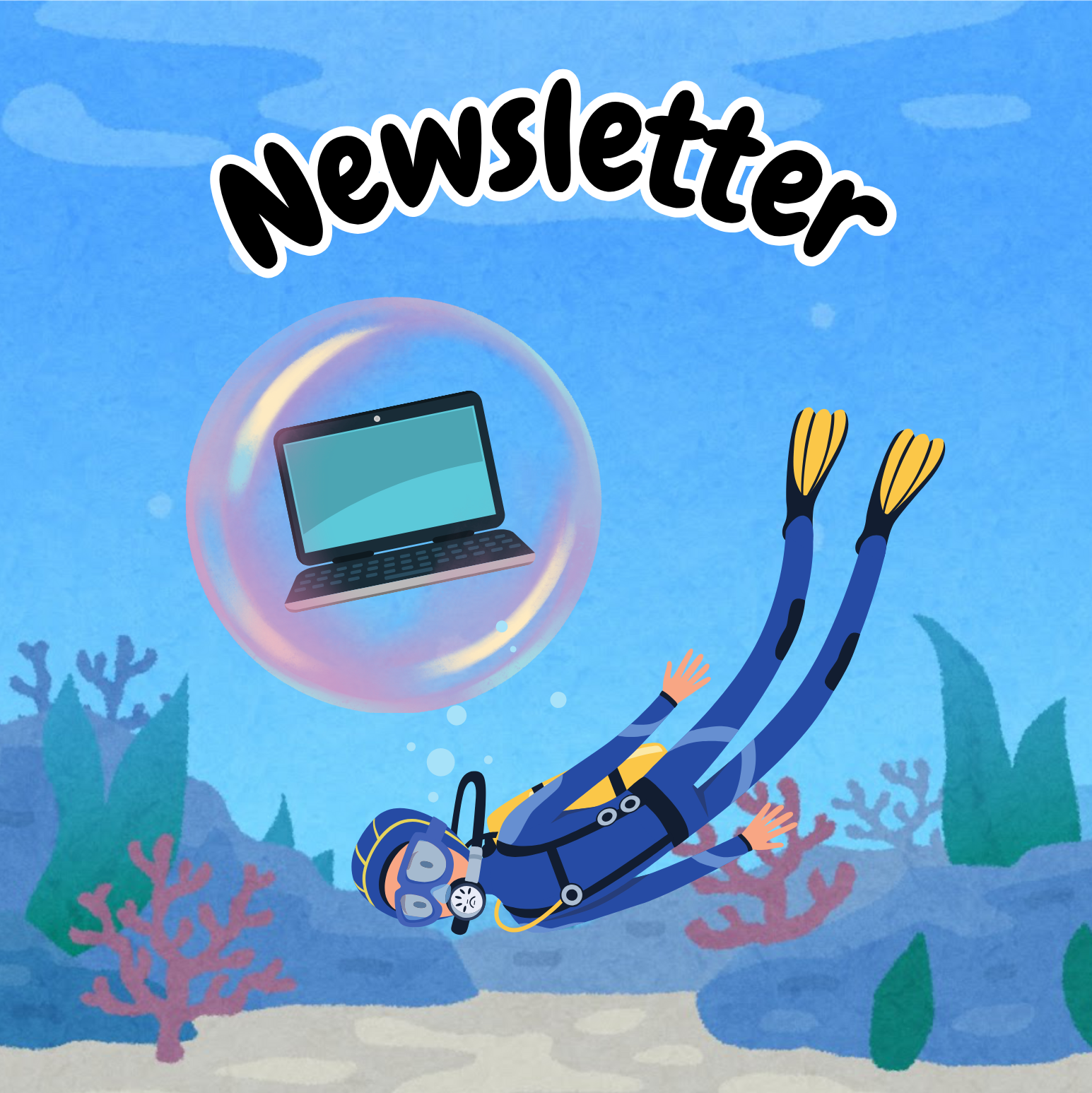
Meetups
Meet your new classmates, hear from upper-year EngScis, and learn more about U of T Engineering!
Starting June 18th, 2025, we will hold fun and informative weekly meetings (virtual and in-person). These will include icebreakers, games, helpful information sessions, Q&As, and a lot more! These meetups are an excellent way to meet lots of your EngSci classmates over the summer and be more prepared for your first year and beyond.
In-person meetups will be held on campus at various locations; virtual meetups will be held on Zoom. We will send out the links to the virtual meetups through the EngSci Orientation Newsletter, so make sure you’re subscribed! Dates and times for in-person and virtual meetups are posted in the Meetup Calendar.
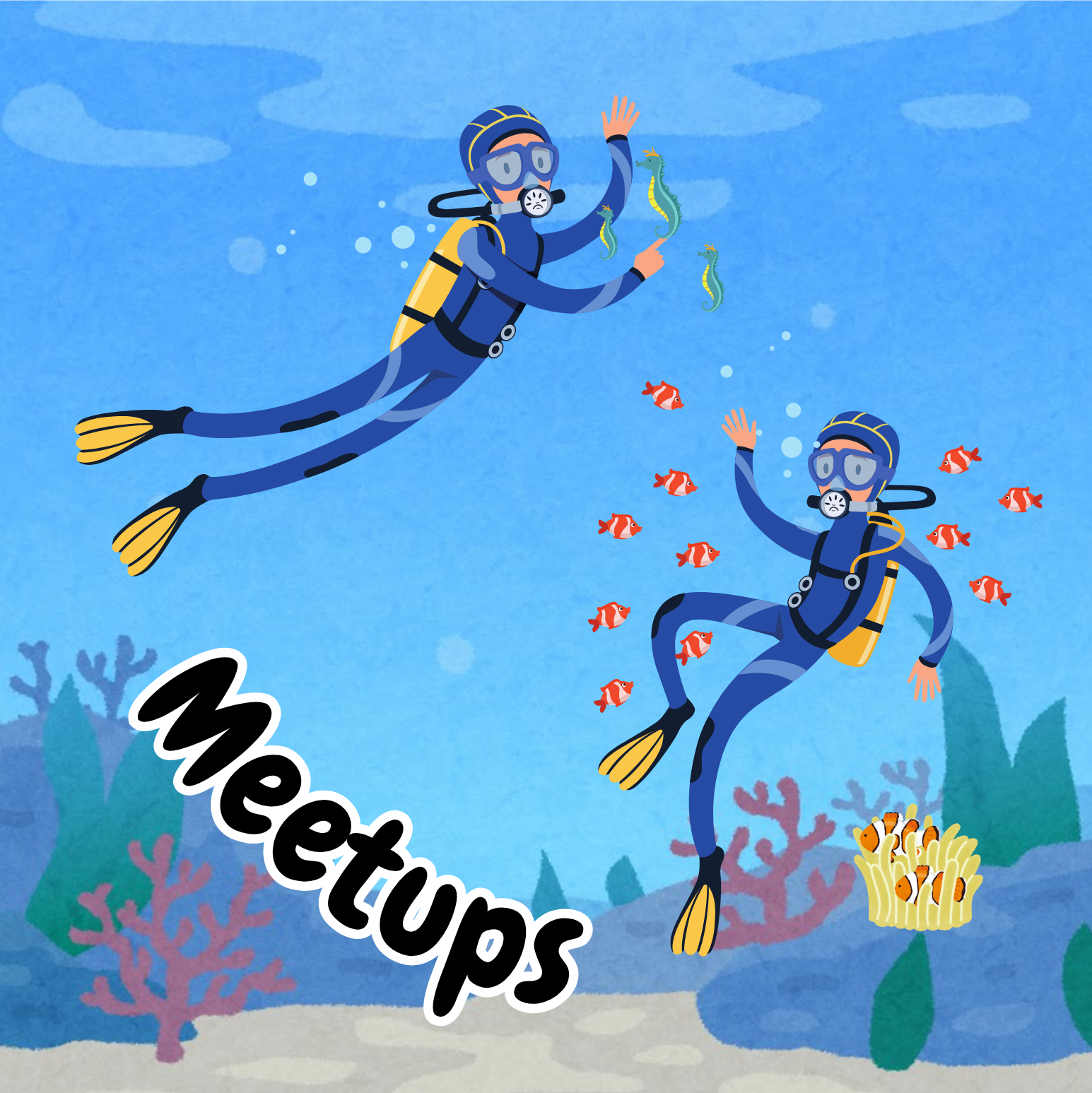
Sci Socials
Do you have burning questions about EngSci that you’d like to ask in a smaller group setting? Or maybe you just want to hang out with us, Eshan and Farzin? If so, come to our Sci Socials!
These Sci Socials will be short 1-on-1 or small group meetings where we’ll answer your questions, share our experiences, and help you feel ready to start your first year. You can book a 1-on-1 or group session via Calendly. To get the links to book Sci Socials, make sure you sign up for the EngSci Orientation Newsletter.
As always, feel free to email us at engsci.blog@utoronto.ca with any additional questions or if you want to chat!
